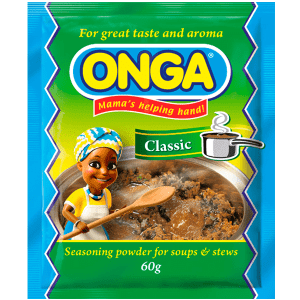Smoked turkey is a delicious and protein-rich food choice that provides a variety of essential nutrients. It’s made by curing and smoking the turkey, which adds a distinctive smoky flavor while preserving the meat. Below is a detailed nutritional breakdown of smoked turkey, highlighting its benefits and considerations.
Nutritional Facts (per 3 oz serving):
- Calories: 120–140 kcal
- Protein: 20–22 grams
- Fat: 4–6 grams
- Saturated Fat: 1–2 grams
- Carbohydrates: 0–2 grams
- Sugar: 0 grams
- Fiber: 0 grams
- Cholesterol: 30–40 milligrams
- Sodium: 600–800 milligrams
- Potassium: 200–250 milligrams
Key Nutrients:
- Protein: Smoked turkey is an excellent source of lean protein, providing approximately 20–22 grams per 3-ounce serving. Protein is essential for muscle repair, immune function, and overall body health. It’s particularly beneficial for individuals looking to maintain or build muscle mass.
- Fat: Smoked turkey contains 4–6 grams of fat per serving, with a small portion being saturated fat (1–2 grams). Although it’s a low-fat meat option, it still provides essential fatty acids that support brain health and hormone production.
- Sodium: One notable nutrient in smoked turkey is sodium, which can range from 600–800 milligrams per serving. The smoking and curing process typically involves the use of salt, making it higher in sodium. For individuals on a low-sodium diet, it’s important to monitor intake to avoid excessive sodium consumption.
- Potassium: Smoked turkey also contains potassium, an essential mineral that helps regulate fluid balance, nerve function, and muscle contractions. A 3-ounce serving provides around 200–250 milligrams of potassium, supporting overall health.
- Vitamins and Minerals: Smoked turkey is a good source of B vitamins like niacin (B3), which aids in energy production and metabolism, and selenium, an antioxidant that helps protect cells from damage.
Health Considerations:
Smoked turkey is a great addition to a balanced diet, offering lean protein and essential nutrients. However, due to its sodium content, it’s important to consume it in moderation, especially for individuals managing high blood pressure or other heart-related conditions.











Reviews
There are no reviews yet.